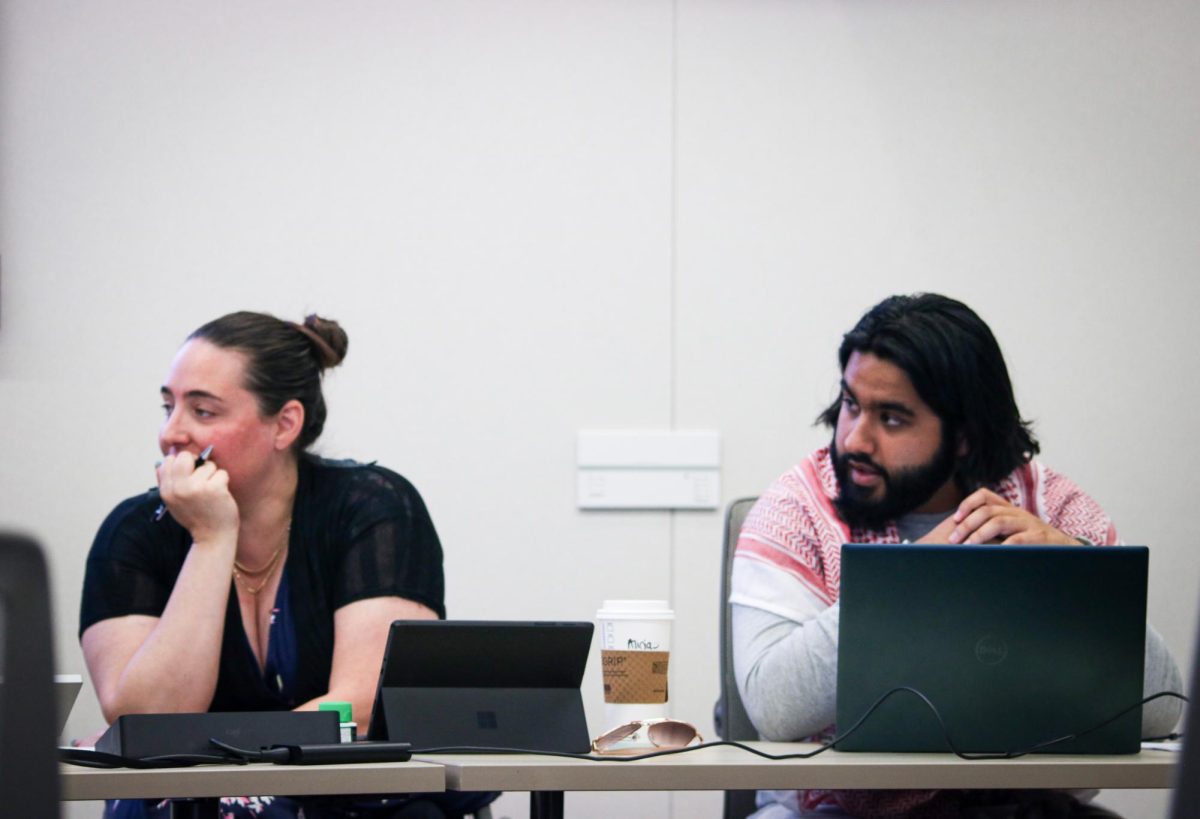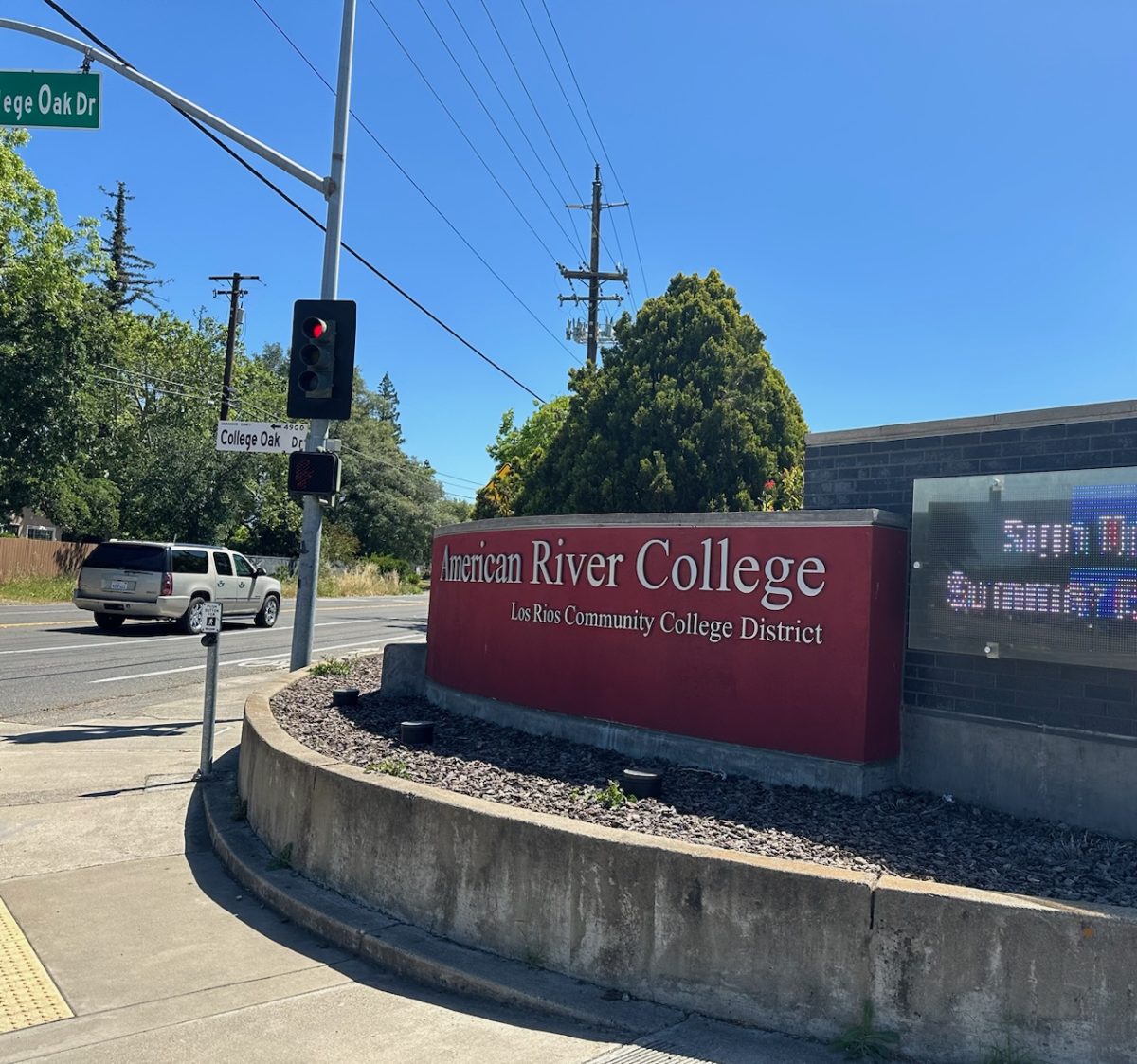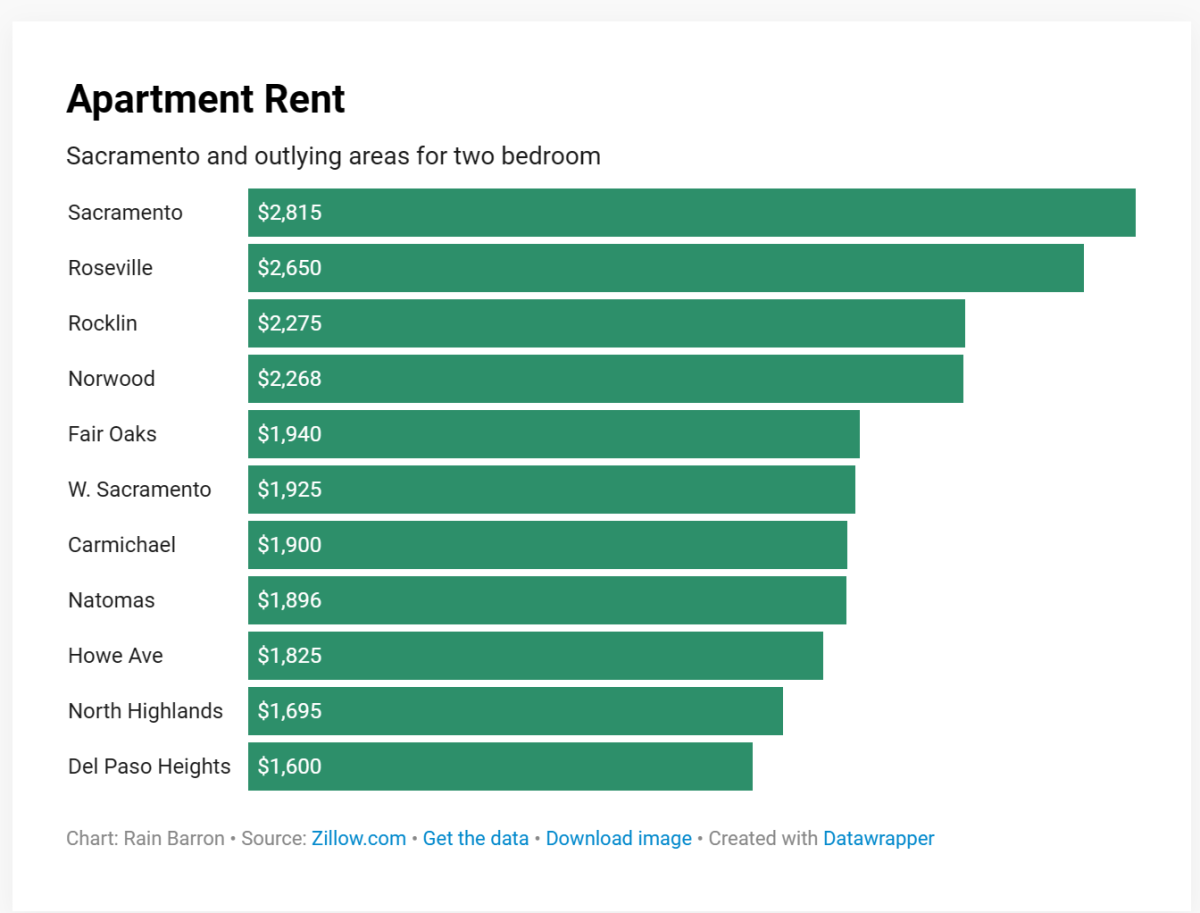The Los Rios Community College District and Women Escaping Assault and Violent Environments have partnered together to bring a WEAVE Confidential Advocate to each of its campuses one day per week.
WEAVE is Sacramento’s primary provider of violence and crisis prevention services, offering resources and support to victims of gender-based violence, which encompasses domestic violence, dating violence, sexual assault and sex trafficking.
On campus, American River College’s Student Health Center is the place for students to come and get support, information and referral from the WEAVE Confidential Advocate regarding the spectrum of gender violence.
“Health starts with us having our basic needs met and goes on to include; feeling safe and secure, having a sense of belonging, feeling respected by others, and having the ability to respect ourselves.” said Michelle Arnott, ARC’s Health Center Director.
Arnott added that access to resources, along with crisis response, education, and expertise is critical in providing support to those who report sexual assault or intimate partner violence.”
The initial groundwork in providing this support was laid under Title IX, landmark federal legislation enacted in 1972 that prohibits sexual discrimination in schools. Over the years sexual discrimination has been expanded to include sexual violence and other forms of gender-based violence under Title IX and schools are also required to have policies and procedures in place to help students who are victims.
According to information from the non-profit organization Know Your Title IX, 19 percent of college women will be sexually assaulted during their time in college and 84 percent of those assaults will occur within a student’s the first four semesters of enrollment.
According to tjhe website CampusSafety.com members of the LGBTQ community are also at risk with nearly half of all bisexual men and nearly four in ten gay men have experiences some type of sexual violence other than rape in their lifetimes; 46 percent of bisexual women and one in eight lesbian women experience rape in their lifetime. Men are also not immune from sexual assault, neither are the disabled who are three times more likely to be assaulted than those that do not identify as disabled.
Gender-based violence and the ensuing trauma it causes can have a heavy impact on victims, especially on their education. That is the reason why, according to KnowYourTitleIX.org, a national organization dedicated to eradicating sexual assault and gender violence on college campuses, it has dual status as both a criminal and civil rights offense.
In a report published in 2015 by the The National Coalition Against Domestic Violence, the myths and stereotypes of victims are stubborn and pervasive; there are common misconceptions that abuse or assault only happens to low income women or minorities. The victim is often seen as provoking the violence, asking for it. . In the case of sexual assault, girls and women are commonly still questioned about how they were dressed or how much alcohol they had to drink when they report assault or abuse. Men are often ignored or ridiculed as victims because of the perception that they can’t be raped or beaten by intimate partners.
Creating safety can be a very complex journey for the victim, but there are difficulties for those charged with helping as well. according to Erienne Ramos, ARC’s Weave Confidential Advocate .
Ramos added that schools can be microcosms of the world at large, and stereotypes about victims and perpetrators abound inside the hallways of institutions of higher learning just as they do everywhere else. Ramos added that it’s not just female victims of sexual assault and violence that fall prey to stereotypes, they persist for male victims as well.
“There is a perception that men are always so horny that they can’t be raped. Also, men who report are often seen as weak” Ramos said.
Ramos helps students and ARC navigate that complex journey by providing advocacy, information and resources to all that come through her door every Wednesday afternoon.
Ramos works on all campuses in the Los Rios Community College District.
“It can be very scary to drive to the WEAVE office, to talk to a total stranger. We want to remove barriers. I can meet students literally where they are at, ”Ramos said.
Although the numbers of gender-based assaults reported to the Los Rios Police Department through the Clery Act were relatively low in 2015 with a total of seven crimes reported that year, Ramos says she expects those numbers to rise as more students come to her requesting help.
In addition to the regulations under Title IX, schools and colleges in the United States are required by The Clery Act to keep report crimes that occur on campus.
The Clery Act, named after Jeanne Clery, a student who was raped and murdered in her dorm room by a fellow student with a documented history of on-campus assault, also requires schools to develop school safety policies and protocols as well as to give “timely” warning to known risks to public safety -i.e. sex offenders.
In addition, it protects victims against retaliation either on behalf of the perpetrators and the institutions themselves; for example, college employees are prohibited from urging a victim not to file charges or a formal complaint. This has been a common factor in the past as colleges and universities seek to protect their public reputations.
This helps students by requiring transparency on behalf of colleges and universities in terms of policies and procedures as well as removing the barriers that prevent victims from getting help.
All services provided through the WEAVE Confidential Advocate are confidential and while the services are listed by appointment only, Ramos says she encourages drop-ins for anyone reaching out to her for help. Translation services available for limited English speaking students.
In a written statement Ramos also shared some advice for friends and allies of victims should they come to them for help. She suggests that you believe your friend and tell them it’s not their fault.
“Don’t judge or blame them. Empower victims to make decisions on their own-do not tell them to leave or what to do. Give them helpful resources [such as a contact for WEAVE])”
The WEAVE Confidential Advocate is available at ARC are every Wednesday from 10 a.m. to 3:30 p.m., located in the Student Health Center.
For more information, contact Ramos at [email protected]















health promotion • Mar 18, 2017 at 11:57 pm
I am in fact thankful to the holder of this website who has shared this fantastic article at here.
http://goodtip.eu